There is some controversy about straight actors playing gay characters. You’ve played gay characters in two movies, God’s Own Country and the forthcoming The History of Sound. What’s your philosophy? Do you have any reservations about it?
It’s a really difficult subject. The truth is that ultimately I will read a script and what affects me, affects me. The History of Sound is a film about many things. For instance, it’s about grief. It’s about companionship. It’s also about music. It’s about what happens in life when you fall in love with someone, and maybe that connection is broken, you know? The other character from God’s Own Country was someone who was unable to love and be loved and receive love. A character’s sexuality, a character’s background, where they’ve grown up, their dynamic with their family—these are all aspects to any character, and so I take those as seriously as I would any other aspect. But to be totally truthful, I’m not 100% sure how I do feel about it. I think I have mixed feelings.
Your costar Paul Mescal has said he finds it easier to play gay sex scenes than it is to play tenderness after sex. The chemistry of the relationship is more difficult, more complicated.
A sex scene is a very strange thing. It’s the least sexy thing in the world. You can ask Mike Faist and Zendaya about that. It might look sexy onscreen, but in reality, it’s the same as a fight sequence, a bit of action or stunt, or a dance. It’s a very choreographed, rehearsed thing, and you’re surrounded in a room full of people—someone’s holding a boom microphone and camera and lights. I see what [Paul] means. On the other hand, being vulnerable and intimate with another actor is more revealing, and scarier, because you’re often having to reach for something inside you that sometimes is blocked away or hidden, whatever it is, and that can be intimidating.
I’m always impressed by just how empathetic you can be onscreen. And if it looks and feels real, then you’ve honored the emotion of it, right?
It’s a funny thing actually, even the idea of capturing reality is a tricky concept for me, because sometimes—and this is putting my audience hat on—sometimes you don’t necessarily want “real.” We’ve been telling stories as a civilization from year naught, and the act of storytelling can take many forms. You just have to look at the way Luca Guadagnino tells a story, or Alice Rohrwacher, or Kelly [Reichardt], or Martin Scorsese, or [Luc] Dardenne.



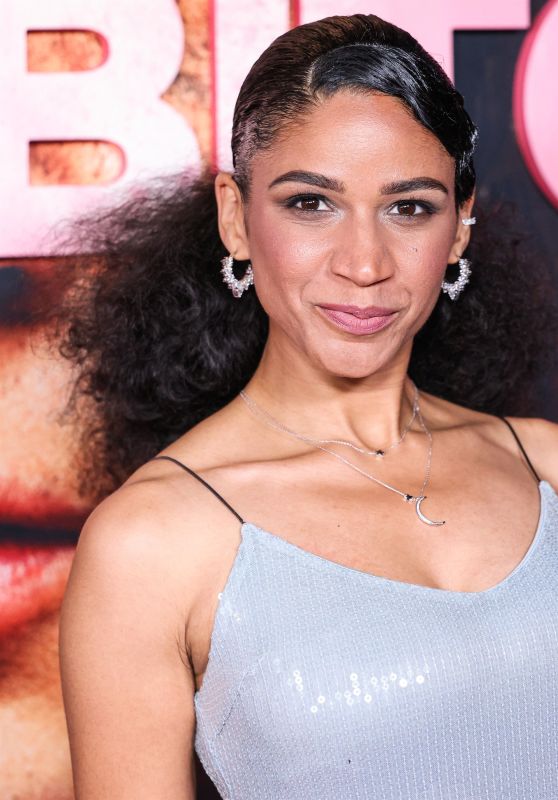
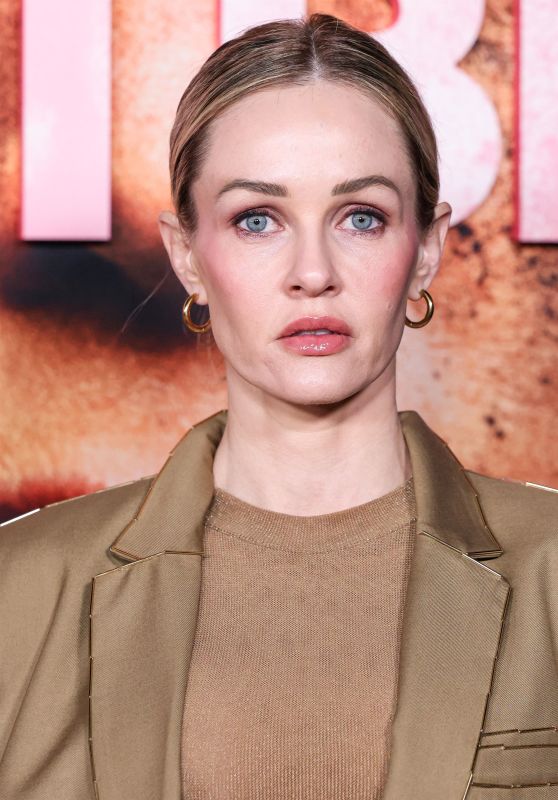
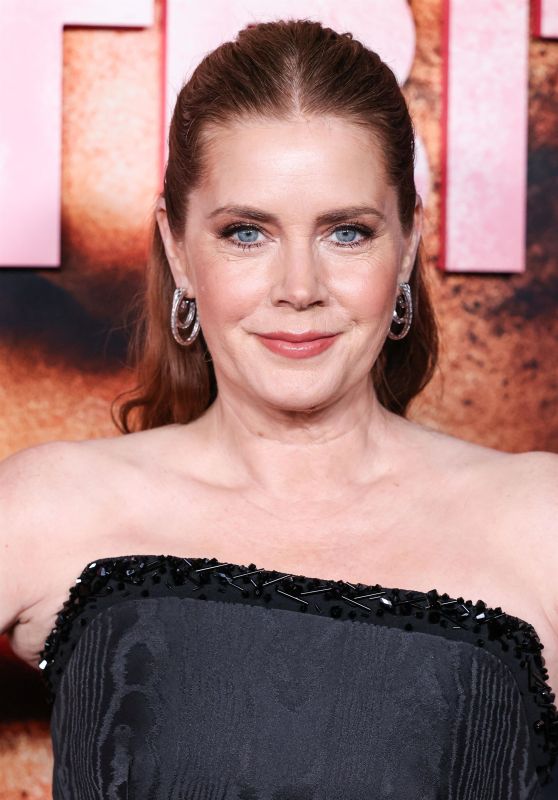
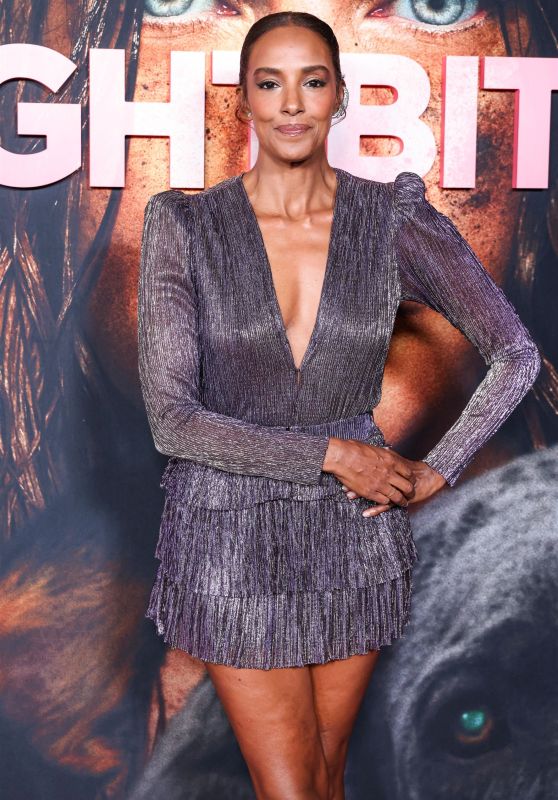
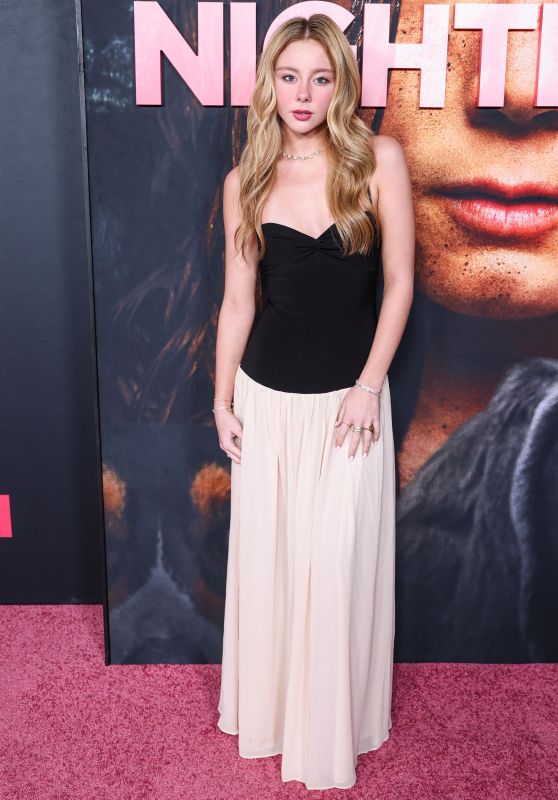
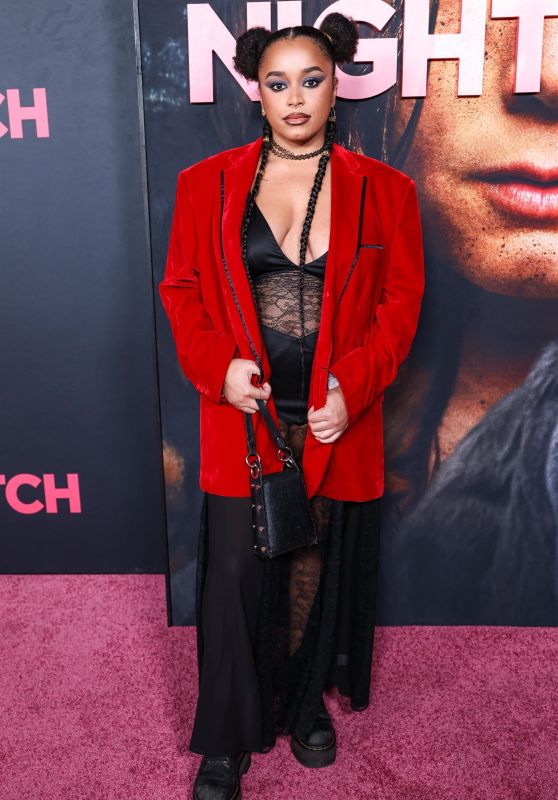
![Michelle McKenna Discusses Wellness Trends on ‘Lorraine’ in London [11-20-2024]](https://celebmafia.com/wp-content/uploads/2024/11/michelle-mckenna-discusses-wellness-trends-on-lorraine-in-london-11-20-2024-2_thumbnail.jpg)
![Mel Schilling Discusses Relationship Insights on ‘This Morning’ in London [11-20-2024]](https://celebmafia.com/wp-content/uploads/2024/11/mel-schilling-discusses-relationship-insights-on-this-morning-in-london-11-20-2024-4_thumbnail.jpg)
![Kate Garraway at Global’s Make Some Noise Charity Gala [11-19-2024]](https://celebmafia.com/wp-content/uploads/2024/11/kate-garraway-at-global-s-make-some-noise-charity-gala-11-19-2024-5_thumbnail.jpg)








 English (US) ·
English (US) ·